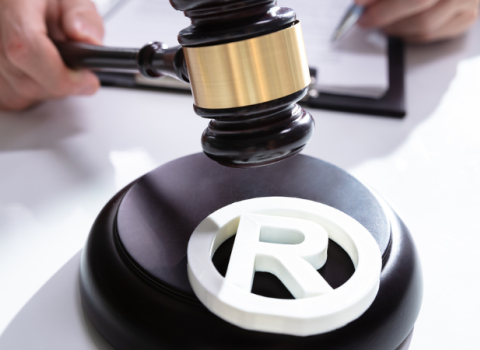Medical and biotechnology IP battles, while less visible than the name-calling campaigns of electronic companies, remain as fierce as ever. If anything, the economic and financial stakes are becoming higher not only for direct protagonists but also but for the broader health sector.
So although the 9 January decision of the US Supreme Court on the patent licensing dispute between Genentech and MedImmune may not have made the front-page news but was deemed deeply significant by IP specialists, to the extent that it is likely to affect the balance power between patent owners and their licensees.
In this case, the patent owner, Genentech, is a biotechnology giant, with revenues of over €5 billion and a market capitalisation of €70 billion. The licensee is a much smaller yet ambitious biotechnology company, MedImmune.
In a case going back to 1997, MedImmune contested the validity of one of the two patents it licensed from Genentech. It agreed to pay the royalties for this patent but simultaneously sought a legal judgement invalidating the patent. Lower courts turned down the complaint, on the basis of legal doctrine which severely restricted the right of licensees to sue the patent holder. According to this doctrine, licensees could not sue the patent holder unless they were themselves being sued for breach of licence. Companies paying royalties were deemed to fully accept the validity of the licence terms.
The Supreme Court, in a nearly unanimous decision (8:1), reversed the judgment of the lower court. The case is far from over, though, as the Supreme Court sent the case back to the District Court. Nevertheless, the broad consensus of observers is that the Supreme Court decision is likely to make it easier for licensees to sue and more difficult for patent holders to enforce their rights.
While the decision is significant (most decisions by Supreme Court are), it is not really surprising. It is consistent with a broader trend of erosion of power of big pharma. Genentech, with its Silicon Valley background, is not a classic big pharma company. Yet it is apparently not immune to big pharma syndrome of judicial entanglement. Big pharma companies used to dominate the judicial battleground, which is costly, complex and protracted. But recently their track record became more spotty – for example, Zeneca lost an important patent case against a generic company in December 2006.
Those setbacks are unlikely to destroy big pharma. Bristol-Myers and Sanofi Aventis showed last week that they still have strong judicial clout by obtaining an injunction against a Canadian company, Apotex, seeking to sell a generic version of their blockbuster Plavix drug. It is estimated that the case is likely to cost Apotex $4 billion (its current annual revenues are $1 billion).
Still, at the very least, the growing ambivalence of IP jurisprudence will force big pharma to rethink its IP strategies. Today, they are based on patent fragmentation. New strategies may focus on broader patents and on related technologies such as delivery systems.





 A unique international forum for public research organisations and companies to connect their external engagement with strategic interests around their R&D system.
A unique international forum for public research organisations and companies to connect their external engagement with strategic interests around their R&D system.